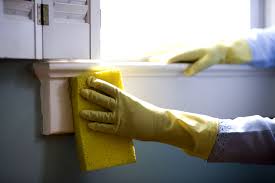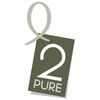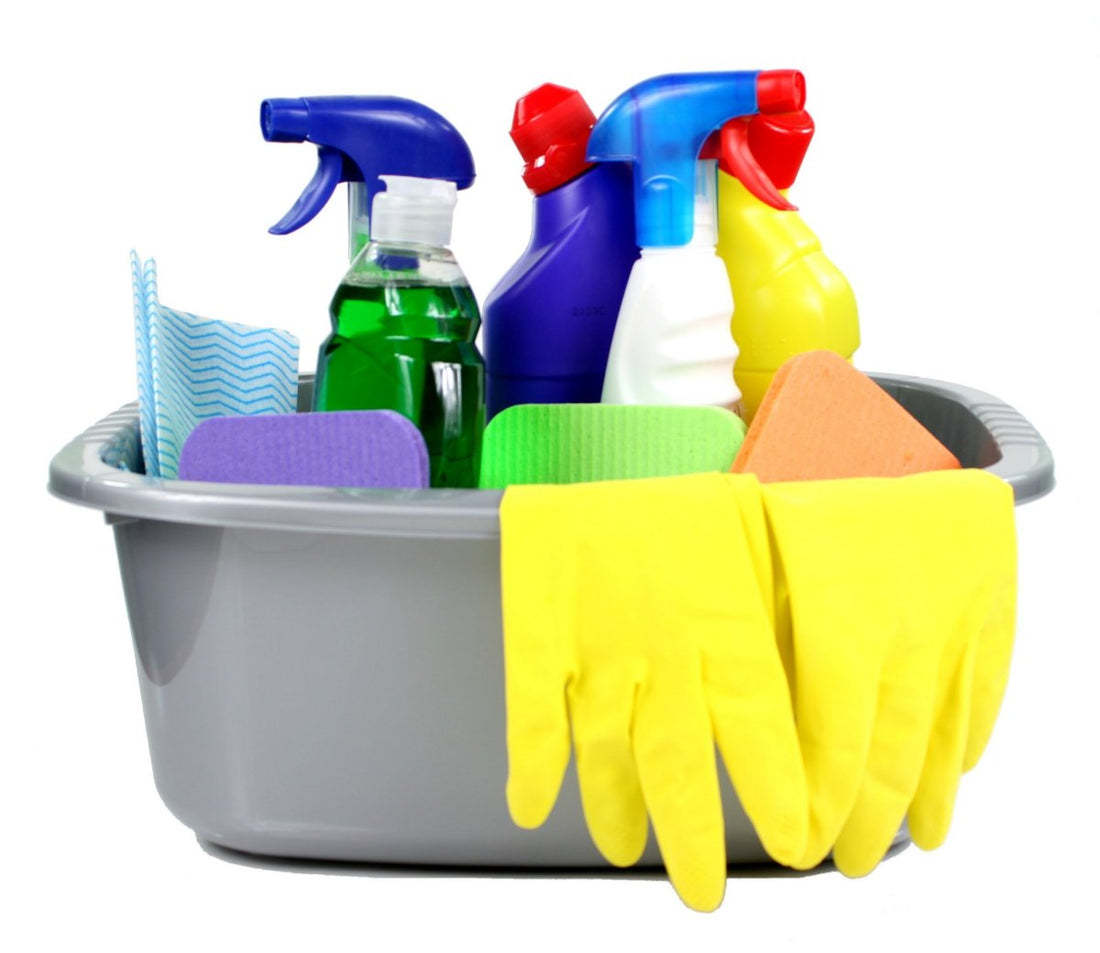This is either a question you’ve thought about a lot, or one you’ve just noticed now. Why have I always used dishcloths? Usually it’s because that’s what you were used to growing up. Well now it’s time to put your choices to the test and see which one works better...

Performance
Brushes can be good for removing tough bits of food, but they can also be terrible. It totally depends on your placement, grip, where the food is on the plate/pan and too many variables to care about. They can be very awkward, but also very effective on the odd occasion. If you have a knack for brushing, then by all means, go ahead. But chances are, you’d do better with a sponge or dishcloth.
 Ease
Ease
As mentioned above, brushes can be very awkward to use, so they’re not very easy to use, especially with things like glasses.
Sponges and dishcloths depend on the user. This is why most people stick to what they know, because they can do a better job with what they’re used. Although sponges absorb more for their size, you can just get a bigger cloth which may be easier to handle as they fit to your hand. However, sponges are also easier to wring out that dishcloths, which could reduce your workload, depending on the task.

Versatility
As mentioned before, sponges absorb a lot more water for their size so this may make sense for wiping surfaces. However, sponges can be known to scratch tabletops when using the rough side, with the soft side sometimes not being enough to remove some things from counters. Therefore, dishcloths have the bragging rights when it comes to versatility.
Brushes find it hard to even be used on different pieces of crockery, so there is no versatility from the brush

Hygiene
Sponges are thick, take an enormously long time to dry and have lots of nooks and crannies. This allows bacteria to survive. You can clean your sponges by microwaving a wet sponge or using bleach, but these again don’t eliminate all of the problem. Cleaning your sponges kills most of the weak bacteria, but the strong bacteria tends to live and spread.
Dishcloths can also harbour bacteria if left crumpled up on the side. However, spreading them out - usually over the tap on a summer’s day with the light from the window shining through - can dry them quickly. Whilst this may leave them dry and crusty to an extent, it’s nothing that getting wet again can’t solve, and it harbours less bacteria than sponges (marginally). They are also better to wash, as they can be done in the laundry rather than the dishwasher or microwave. Most people tend to have multiple dishcloths for the week and put them in the dishwasher at the end.
Brushes, however, are far more hygienic that either of these two. They have minimal nooks and crannies for bacteria to get into and they dry very easily, so there is very little risk compared to the other options.
Overall
A brush is an essential part of your cleaning kit, but it cannot be used alone. I suppose it depends on personal preference whether you want to use a sponge or a dishcloth, but evidence suggests the dishcloth just edges out the sponge, but not by much.


21 comments
buy cialis online with prescription[/url]
EeDqdiApKHP
qxNtfuIMlGwsU
AOEqebsahCSzrLYB
PzyFDMAiq